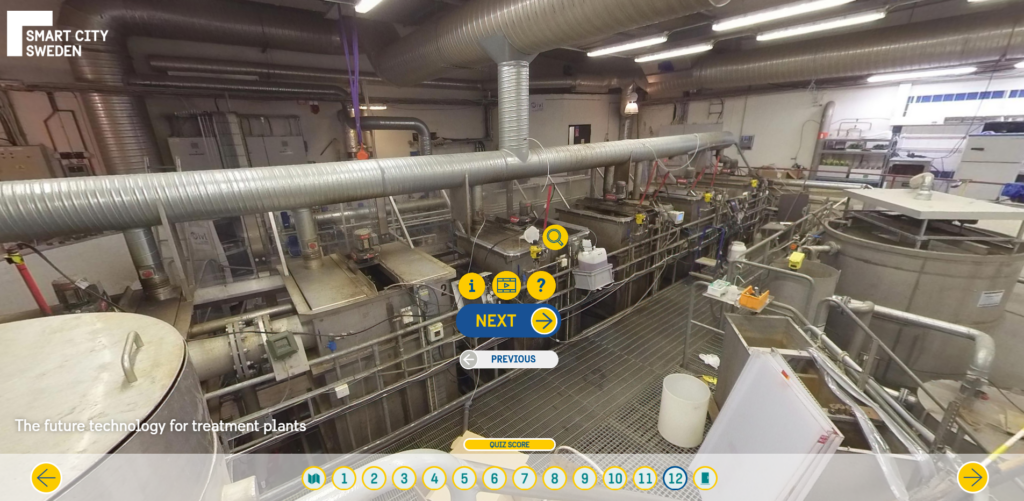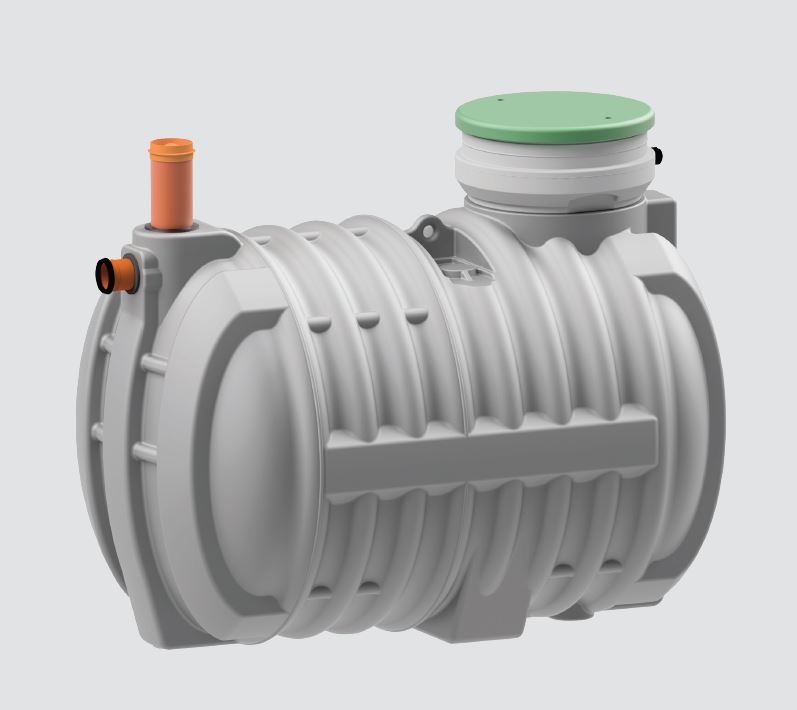How Smart Technology Improves Wastewater Treatment

Wastewater treatment is a critical process for maintaining environmental health and public safety. With the advent of smart technology, this field has seen significant advancements that enhance efficiency, reduce costs, and improve treatment outcomes. This article explores how smart tech is revolutionizing wastewater treatment.
Key Benefits of Smart Technology in Wastewater Treatment
| Benefit | Description |
|---|---|
| Real-time Monitoring | Sensors and IoT devices provide continuous data on water quality and system performance. |
| Predictive Maintenance | AI algorithms predict equipment failures before they occur, minimizing downtime. |
| Energy Efficiency | Smart systems optimize energy use, reducing operational costs and environmental impact. |
| Automated Control | Automated adjustments improve treatment accuracy and response times. |
| Data Analytics | Advanced analytics help in decision-making and regulatory compliance. |
How Smart Tech Works in Wastewater Treatment
- Sensors and IoT Devices: These collect data on parameters like pH, turbidity, chemical levels, and flow rates.
- Data Transmission: Information is sent to centralized control systems via secure networks.
- AI and Machine Learning: Analyze data to detect anomalies, optimize processes, and forecast maintenance needs.
- Automated Systems: Adjust valves, pumps, and chemical dosing in real-time based on AI insights.
Advantages Over Traditional Methods
- Improved Accuracy: Continuous monitoring reduces human error.
- Cost Savings: Predictive maintenance lowers repair costs and extends equipment life.
- Environmental Protection: Enhanced treatment reduces pollutants released into ecosystems.
- Scalability: Smart systems can be adapted to facilities of various sizes.
Challenges and Considerations
- Initial Investment: High upfront costs for technology installation.
- Data Security: Protecting sensitive operational data from cyber threats.
- Technical Expertise: Need for skilled personnel to manage and interpret data.
Frequently Asked Questions (FAQ)
Q1: What types of sensors are used in smart wastewater treatment?
A1: Common sensors include pH meters, turbidity sensors, dissolved oxygen sensors, and flow meters.
Q2: How does AI improve wastewater treatment?
A2: AI analyzes large datasets to optimize treatment processes, predict failures, and automate control systems.
Q3: Can smart technology be integrated into existing treatment plants?
A3: Yes, many smart solutions are designed to retrofit and enhance current infrastructure.
Q4: What is the environmental impact of using smart tech in wastewater treatment?
A4: It significantly reduces pollutant discharge and energy consumption, promoting sustainability.
Conclusion
Smart technology is transforming wastewater treatment by making it more efficient, reliable, and environmentally friendly. As these technologies continue to evolve, they promise to play a vital role in sustainable water management worldwide.
